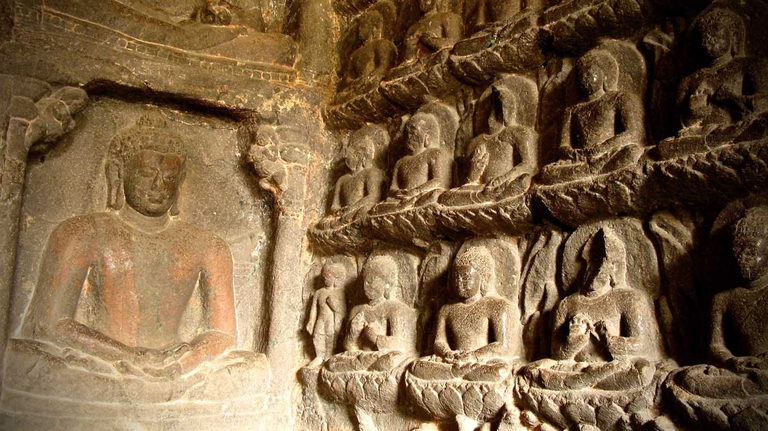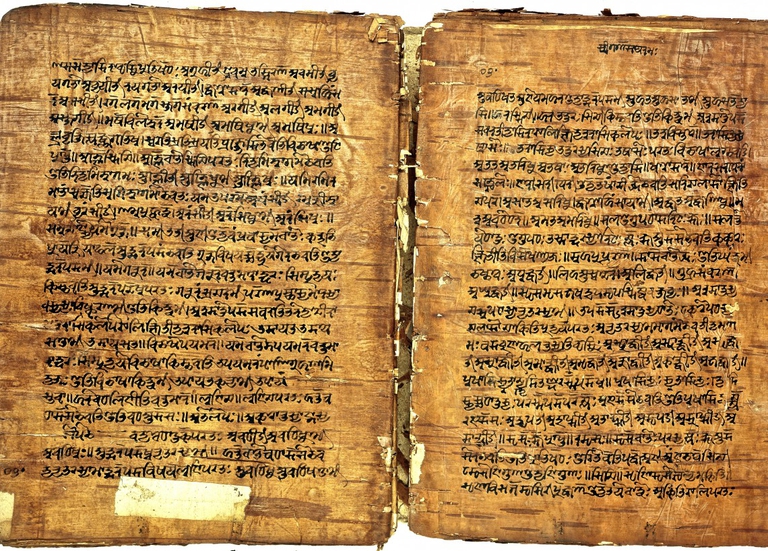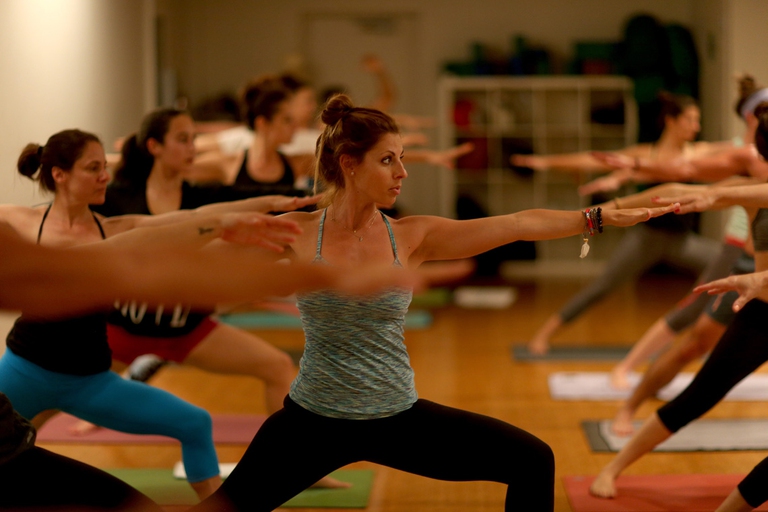
Kalongo Hospital in Uganda is on high alert. Medics are facing the pandemic amid an already precarious healthcare situation, in a country with only 55 intensive care beds.
La storia dello yoga affonda le sue radici in una cultura millenaria. Dai Veda alle pratiche moderne, ecco quali sono le sue origini, in breve.
Have you ever wondered when the history of yoga began? This practice dates back to ancient times, with the Indus Valley Civilisation (3000-1800 BCE), and the Quetta, Harappan, and Mohenjo Daro civilisations.
Excavations carried out in these areas brought to light statues representing people practicing yogic poses, showing how yoga was already known and practiced.
The first writings on yoga are found in the Vedic literature. Vedas are ancient sacred texts that had been transcribed after being handed down from one generation to another thanks to the oral tradition. Despite they don’t contain precise elaborations on yoga, Vedas explain some of its main ideas.
We can find yoga’s bases in the final stage of the Vedic period with the Upanishads (800-300 BCE). Some texts, in fact, describe the Prana (life force) and the Nadis (energy pathways), which will be core themes of the Hatha-yoga, a branch of yoga based on psychophysical exercises to dominate one’s cosmic energy. Lastly, the Svatasvatara Upanishad describes yogic practices and its effects.
The epic period (600 BCE) offers a great source to understand yoga: the Bhagavad Gita, which is part of the Mahabharata poem. Bhagavad Gita is a 700-verse work that summarises many ideas and practices of yoga, outlining three most important “paths”: the Karma yoga (path of action), the Bhakti yoga (path of devotion), and the Jnana yoga (path of knowledge).
The following period is represented by Sutras (200 BCE-400 CE). Sutras are a literary composition characterised by concision. They’re brief statements that express complex ideas through essential words. Their style allowed people to learn complete teachings by heart. Some of the most important Sutras are the Yoga sutras of Patanjali, which were interpreted by many commentators who developed them according to different schools of thought.
Tantras dominated the literature of the medieval period. Most of Hatha-yoga practices seem to have originated in Tantras and some of its most important texts are the Hathayogapradipika, the Gheranda Samhita, and Siva. In more recent times, yoga teachers including Swami Vivekananda, Yogananda Paramahansa, Sri Aurobindo, Ramana Maharshi, and Swami Sivananda stood out.
The term “yoga” encompasses a huge group of concepts and practices. Despite it finds its origin in the Indian tradition, yoga has crossed India’s geographical and cultural borders, merging with different philosophical doctrines and giving life to the Tibetan, Taoist, and Buddhist yoga, among others. Anyone can practice yoga, from adults to children.
Siamo anche su WhatsApp. Segui il canale ufficiale LifeGate per restare aggiornata, aggiornato sulle ultime notizie e sulle nostre attività.
![]()
Quest'opera è distribuita con Licenza Creative Commons Attribuzione - Non commerciale - Non opere derivate 4.0 Internazionale.
Kalongo Hospital in Uganda is on high alert. Medics are facing the pandemic amid an already precarious healthcare situation, in a country with only 55 intensive care beds.
Indigenous peoples in the isolated region are suffering from poor access to health, with several cities becoming hotspots of coronavirus in the Amazon. Indigenous leaders, health experts and NGOs are calling for international help.
Yoga is based on unifying the mind with the body and soul. The benefits of this ancient Indian discipline have now been recognised by Unesco.
The government believes it’s on the right track to addressing the coronavirus in Bangladesh. But millions don’t have enough food and as most hospitals refuse patients with a fever and cough, the poor are dying.
The coronavirus in Africa could completely overwhelm healthcare systems neglected for years. Yet Zambia has refrained from imposing the type of far-reaching lockdown seen in nations such as South Africa.
The city of Guayaquil in Ecuador has become the coronavirus epicentre in Latin America, offering a dire warning of what could happen throughout the region. People are dying so fast that bodies are left in their homes, or in the streets, for days.
These days her phone hasn’t stopped ringing but Ilaria Capua continues sharing her knowledge to spread information about the novel coronavirus. In this interview she highlights the importance of sustainability.
The consequences of the novel coronavirus or Covid-19: what are the symptoms, what the death toll is, whether there’re a cure, how China has been affected. And why it’s been labelled an emergency also in economic terms.
Natural remedies can be very helpful when it comes to not feeling cold in winter: here are some ways to keep the body warm, at home and outdoors, including what to eat to increase body heat.










